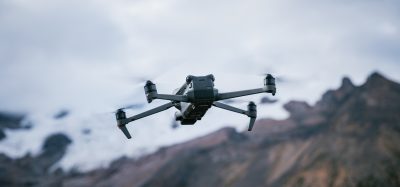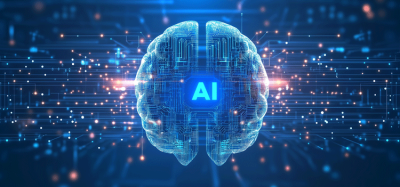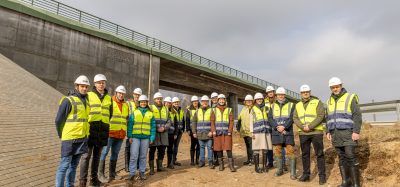“Rail’s digital revolution cannot be stopped”: A Q&A with Diego Galar
Posted: 26 November 2019 | Diego Galar | No comments yet
At Global Railway Review’s Digital Rail Revolution 2019 conference, Diego Galar, Professor of Condition Monitoring at Lulea University of Technology, spoke to our Editor, Craig Waters, about the importance for the industry to understand the role of data analytics, rail’s vulnerability concerning cyber-threats, and what he thinks is still a challenge for the industry in continuing rail’s digital transformation journey.


How far do you think the rail industry has come over the last five years in adapting and deploying data analytic tools?
The public transportation industry in general has been at the forefront when utilising and implementing analytics, from ridership forecasting to transit operations. Rail transit systems have been especially sensitive to this revolution, and tend to be especially amenable to the advantages of analytics due to the need of sophisticated processing of large volumes of data from disparate sources and nature. The more that public transportation professionals and decision-makers understand the role of analytics in their industry in perspective, the more effectively they will deliver services with added value.
What barriers do you think rail must overcome as it continues on its digital journey?
Rail’s digital revolution cannot be stopped, however, during this journey, many issues are popping up. The transition from pilot cases, demonstrators, proofs of concept etc., to industrialised cases deployed in the companies is taking too long. The railway industry is conservative, and people are certainly reluctant to hand over decision-making processes to analytics, since some lack confidence. If we cannot overtake this and be aware of robustness and resilience of the digital world, then we will get stuck and digitalisation will remain as a dream that could be and never became reality. So far, the prediction for 2020 in terms of advancing with artificial intelligence (AI) deployment are promising but is getting late.
Do you think the rail industry is doing enough to ensure it is secure from cyber-threats as it becomes more digitally advanced?
Definitely not. Unfortunately, we are protecting our IT systems, which is good, because vulnerabilities in the managerial systems such as financial, sales, customer support etc. can be prevented and blocked. However, the OT systems, the ones close to the asset where intruders may hack a switch or vehicle with minimum effort, are still vulnerable. This is not only happening in the rail sector – indeed, ‘Industry 4.0’ is facing a problem of cyber-security in the shop floor level whilst IT systems remain protected.
What digital trends or emerging technology do you think will come to the forefront of the rail sector over the next 12 months?
Both customer satisfaction and operations will benefit from upcoming digitalisation techniques. Indeed, the service quality will improve in many dimensions and AI will take over many different facets through cognitive analytics. Actually, cognition in railway will reduce the human intervention in operations, maintenance, ticketing, autonomous vehicles, among others, delivering faster and better than what passengers expect. In summary, the cognitive analytics will provide more intelligent and autonomous railways.
Why is it important for rail experts to attend Digital Rail Revolution?
The rail sector is complex, and many actors are involved both in infrastructure and rolling stock. Railway systems integrate different sub-systems from different suppliers, nationalities, and technologies, sharing data which must be properly acquired, stored, processed, and mined. Digital Rail Revolution provides the perfect forum where all stakeholders can realise the state-of-the-art technologies currently deployed, upcoming ones, and the way interacting with peers can improve the existing processes and open new business models opportunities. Never before has a conference congregated the forefront of the digitalisation and servitisation in railway.
Dr. Diego Galar is Professor of Condition Monitoring in the Division of Operation and Maintenance Engineering at LTU, Luleå University of Technology, where he is coordinating several H2020 projects related to different aspects of cyber physical systems, Industry 4.0, IoT and industrial big data. He was also involved in the SKF UTC centre located in Lulea focused on SMART bearings and also actively involved in national projects with the Swedish industry or funded by Swedish national agencies like Vinnova. Diego is also principal researcher in Tecnalia (Spain), heading the Maintenance and Reliability research group within the Division of Industry and Transport. Diego has authored more than 500 journal and conference papers, books and technical reports in the field of maintenance, working also as member of editorial boards, scientific committees and chairing international journals and conferences and actively participating in national and international committees for standardisation and R&D in the topics of reliability and maintenance. In the international arena, Diego has been Visiting Professor in the Polytechnic of Braganza (Portugal), University of Valencia and NIU (USA) and the Universidad Pontificia Católica de Chile. Currently, he is Visiting Professor at the University of Sunderland (UK), University of Maryland (USA), and Chongqing University in China.







